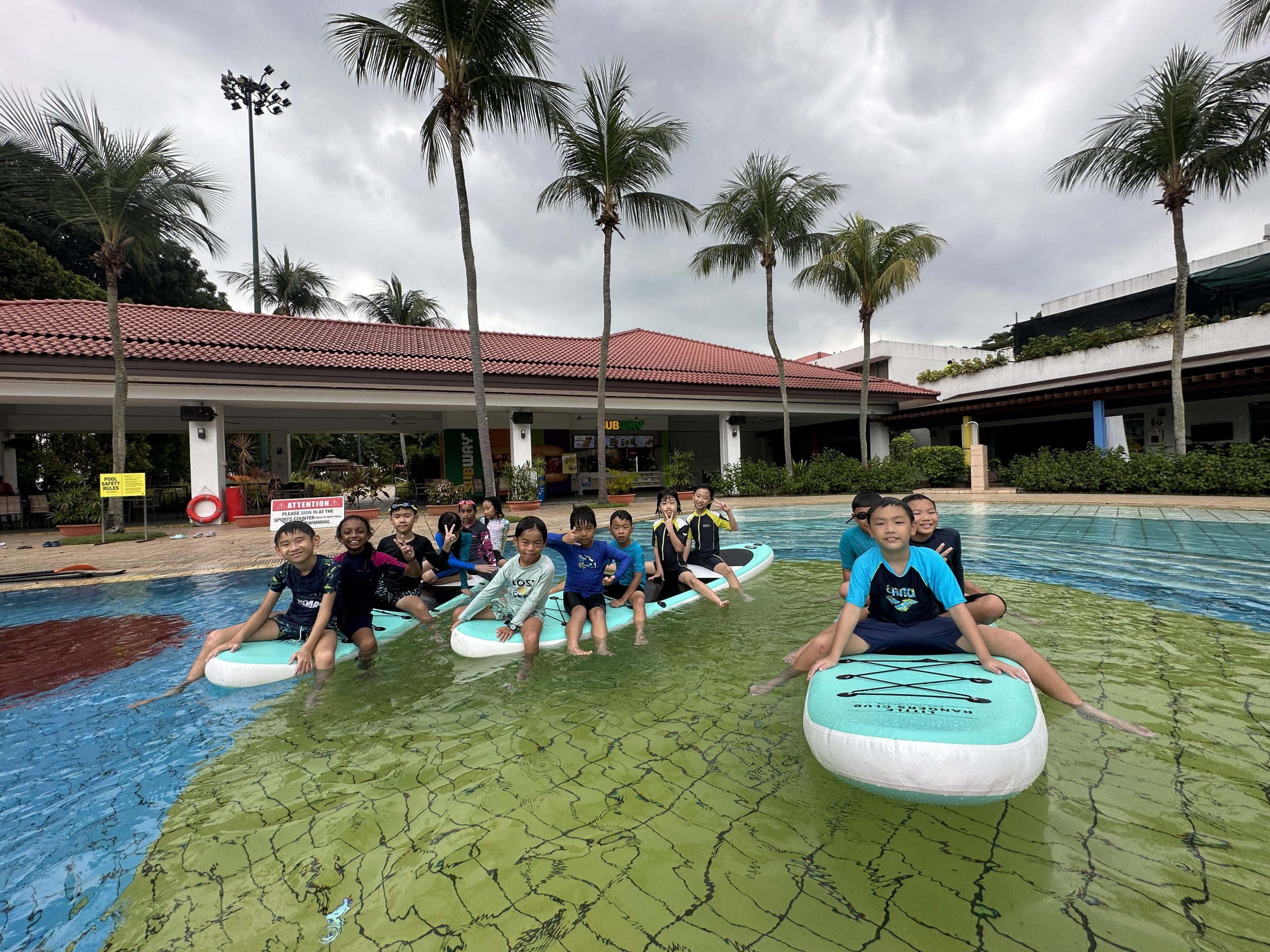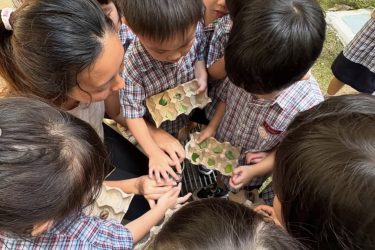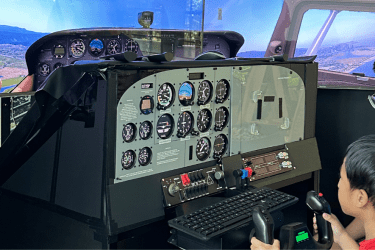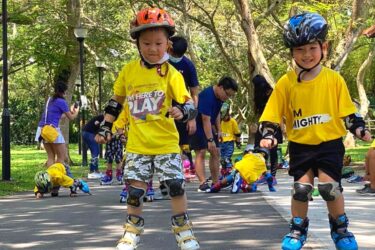Little rangers Outdoor Activities for Fun Learning is a comprehensive program designed to encourage playful learning through nature-based experiences for children. These activities blend education with fun to boost confidence, resilience, and social skills essential both in childhood and later professional life. The club’s curriculum combines outdoor adventures with creative learning, promoting teamwork and leadership.
What Are Little Rangers Outdoor Activities and How Do They Promote Fun Learning?
Little Rangers outdoor activities integrate physical play with educational challenges to spark creativity, problem-solving, and collaboration. The program merges nature exploration with structured learning, allowing children to interact with natural elements and complete engaging challenges that make fun and learning work together.
How Do Outdoor Activities Combine Education and Enjoyment for Kids?
Outdoor activities offer hands-on experiences that teach skills such as navigation, teamwork, and decision-making. Activities like scavenger hunts, nature walks, and obstacle courses enable kids to learn environmental science, geography, and biology in a dynamic, playful setting. Games like capture the flag further enhance both social and cognitive abilities.
What Age Groups Are Best Suited for Little Rangers Programs?
The programs cater to children aged 4 to 13. Younger kids engage in sensory-rich, motor skill-building activities, while older children tackle complex problem-solving tasks and leadership challenges. This age-specific approach ensures that every child develops essential skills at a comfortable pace.
Which Skills Do Children Develop Through These Outdoor Activities?
Participants develop physical skills like agility and coordination, cognitive abilities such as critical thinking and decision-making, and social skills through teamwork and communication. The activities also build emotional resilience by teaching children how to manage challenges, stress, and celebrate successes together.
What Types of Outdoor Programs Does Little Rangers Offer for Kids?
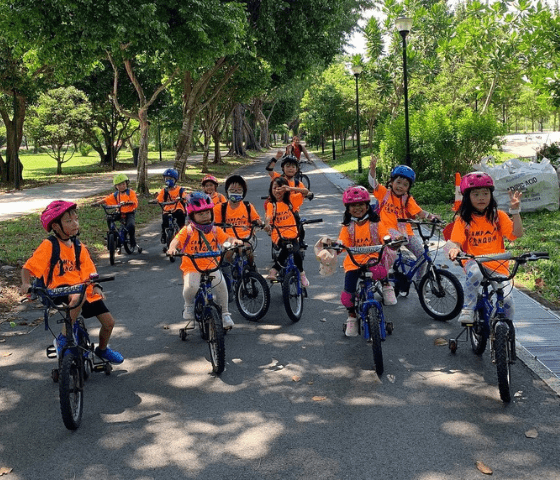
Little Rangers offers a diverse range of programs that combine outdoor adventure, structured learning, and creative play, each designed to build individual strengths and foster team spirit among children.
How Do Little Rangers Classes and Workshops Foster Nature Exploration?
Classes and workshops provide guided activities that encourage curiosity and direct interaction with natural surroundings. Children learn to identify flora and fauna, understand basic ecological concepts, and appreciate nature’s complexity through hands-on experiments and creative projects.
What Are the Benefits of Little Rangers Day and Overnight Camps?
Day and overnight camps immerse children in extended outdoor learning, enhancing self-reliance and social interaction while deepening their connection with nature. Camps promote problem-solving, adaptability, and trust among peers through team-building activities, campfire discussions, and nighttime explorations.
How Do Special Events Enhance Learning and Family Engagement?
Special events, such as themed nature festivals and intergenerational sports days, engage families in fun, educational experiences. These events strengthen family bonds by offering shared challenges and interactive learning opportunities, allowing parents to see first-hand the skills their children develop.
What Are Subscription Boxes and Activity Kits for Home Learning?
Subscription boxes and activity kits bring the excitement of outdoor learning into the home. These kits include items like flashlights, sidewalk chalk, and magnifying glasses to prompt backyard explorations. They serve as a fun complement to live sessions, ensuring continuity of learning at home.
How Does Little Rangers Ensure Safety and Supervision During Outdoor Activities?
Child safety is a top priority at Little Rangers. With strict safety protocols, comprehensive instructor training, and well-maintained equipment, the program provides a secure environment that meets high standards for child protection and emergency preparedness.
What Safety Measures Are in Place for Different Age Groups?
Safety measures are customized for each age group. Younger children have soft play areas, shallow water features, and constant one-on-one supervision, while older children benefit from designated safe zones, protective gear, and clear group rules. Emergency protocols and first aid supplies are always readily available.
How Are Instructors Trained to Supervise Outdoor Learning?
Instructors receive specialized training in outdoor education, child development, and first aid. Their ongoing certification and refresher courses in supervision, emergency response, and conflict resolution ensure that they can effectively manage groups and maintain safety during all activities.
What Equipment and Environment Standards Support Child Safety?
All sports and play equipment is regularly inspected, sanitized, and replaced as needed. Activity sites are evaluated for potential hazards, and natural elements like water bodies or uneven terrain are secured with safety barriers or marked zones, creating a controlled environment for play and learning.
Why Is Nature Immersion Important in Little Rangers Outdoor Learning?
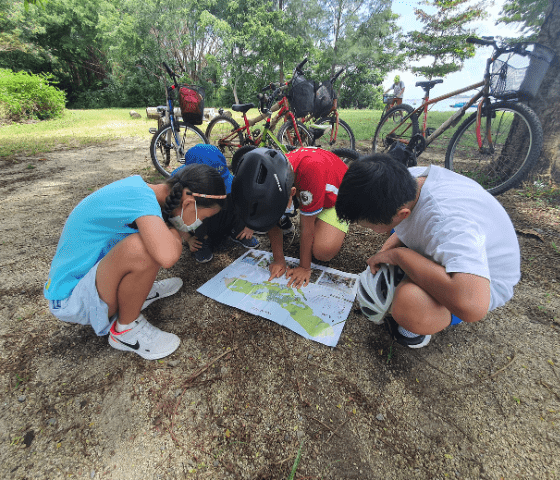
Nature immersion is a foundation of the program, supporting cognitive, emotional, and social growth. Regular exposure to natural environments reduces stress, enhances concentration, and boosts overall well-being, while also instilling in children a lifelong respect for the environment.
How Does Connecting With Nature Support Cognitive and Emotional Growth?
Nature offers a dynamic setting filled with stimuli, challenges, and opportunities for exploration that improve memory, concentration, and mood. Such natural immersion supports balanced emotional growth and flexible problem-solving skills, particularly important in early childhood.
What Outdoor Environments Are Used for Little Rangers Activities?
Activities take place in parks, forests, trails, and waterfronts, each chosen for its unique features and learning potential. For instance, forest trails offer insights into local ecosystems, while lakeside settings allow for water-based explorations and reflective moments.
How Do Activities Encourage Environmental Awareness and Stewardship?
By incorporating lessons on conservation and sustainability, activities teach children the importance of protecting natural resources. Practical exercises like tree planting, clean-up drives, and wildlife observation help instill a lifelong commitment to environmental stewardship.
How Can Parents Choose the Right Little Rangers Program for Their Child?
Parents can select programs based on their child’s age, interests, and developmental needs. Detailed descriptions and developmental guidelines ensure that there is an option for every child, whether they lean toward sports, creative arts, or cognitive challenges in nature.
What Factors Should Parents Consider When Selecting Activities?
Key considerations include the child’s age, physical abilities, learning style, and personal interests. Parents are advised to review targeted skills such as teamwork, leadership, and problem-solving, and may also benefit from trial sessions or feedback from other families.
How Do Little Rangers Tailor Activities to Different Developmental Stages?
Activities are designed with age-specific challenges and achievable goals. Younger children engage in sensory and exploratory play, while older children experience more strategic and competitive exercises that build confidence and leadership skills over time.
What Are the Enrollment and Scheduling Options Available?
Enrollment is flexible, with options for day programs, overnight camps, and seasonal events that align with school holidays and weekends. Part-time and intensive seasonal camps are available to accommodate various family schedules, ensuring continuous developmental support.
What Are the Top Benefits of Participating in Little Rangers Outdoor Activities?
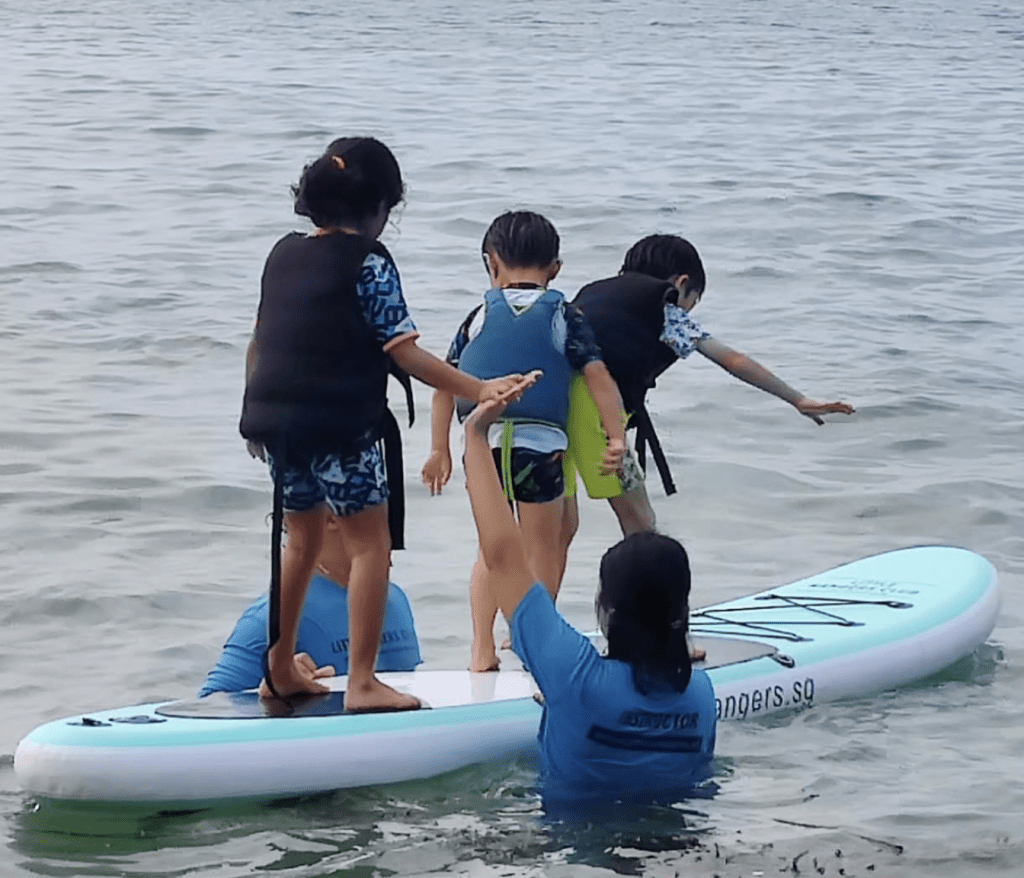
The benefits of participation extend far beyond playtime. Children experience improvements in physical fitness, social skills, and cognitive development, while also building emotional resilience and a sense of community.
How Do Outdoor Activities Improve Physical Health and Fitness?
Active play in natural settings strengthens muscles, coordination, and endurance. Regular physical tasks like running, climbing, and team sports improve cardiovascular fitness and flexibility, while varied terrain offers challenging resistance training for lifelong health.
In What Ways Do These Activities Enhance Social and Emotional Skills?
Group challenges and team-based games promote communication, conflict resolution, and leadership. The collaborative environment fosters trust, active listening, and a feeling of belonging, all of which are vital for personal and professional relationships.
What Feedback Do Parents and Kids Share About Their Experiences?
Many parents and children report higher self-esteem, better physical fitness, and improved peer interactions. Testimonials often note the program’s structured yet fun approach, which enhances problem-solving, adaptability, and resilience.
How Can Families Extend Learning Beyond Little Rangers Activities?
Families can further enrich the learning experience by incorporating nature-based play into their daily routines. This approach turns everyday activities into teachable moments that strengthen family bonds and individual growth.
What at-Home Activities Complement Outdoor Learning?
At-home activities, such as guided nature walks, backyard scavenger hunts, gardening projects, and mini-campfire story nights, reinforce outdoor exploration themes while fostering creativity, teamwork, and basic problem-solving skills.
How Can Families Plan Outdoor Adventures Inspired by Little Rangers?
Parents can plan weekend trips to nature reserves, hiking trails, and local farms that offer hands-on learning experiences. By organizing wildlife observation sessions, picnic games, and simple outdoor experiments, the spirit of adventure and learning continues beyond the scheduled programs.
What Resources Does Little Rangers Provide for Continued Learning?
Little Rangers supports ongoing learning with downloadable guides, creative subscription boxes, and online workshops covering topics like nature, survival skills, and arts. These resources help parents integrate educational fun into home life and adapt learning to their family’s lifestyle.
Frequently Asked Questions
Q: How do Little Rangers Outdoor Activities support team building for corporate groups? A: They foster communication, collaboration, and mutual trust, which are key to effective team building and corporate CSR initiatives.
Q: What measures are in place to ensure child safety during outdoor activities? A: Little Rangers employs strict safety protocols, regular equipment inspections, and trained instructors to supervise all activities.
Q: Can families extend the outdoor learning experience at home? A: Yes, through at-home activity kits, nature projects, and guided outdoor adventures that reinforce the lessons learned at Little Rangers.
Q: What age range can participate in the Little Rangers programs? A: Little Rangers programs are designed for children aged 4 to 13, with activities tailored to different developmental stages.
Q: How are instructors trained to handle outdoor learning challenges? A: Instructors undergo specialized training in child development, safety procedures, and first aid to efficiently manage group dynamics and emergency situations.
Final Thoughts
Little Rangers Outdoor Activities offer a unique blend of adventure and education that enriches children’s physical and emotional development. The club’s carefully designed, safety-focused programs foster teamwork and build essential life skills. Parents appreciate the positive impact on their children’s growth and the additional benefit these programs offer as innovative components in corporate team building and CSR initiatives. By extending these experiences beyond scheduled activities, families continue to benefit from the enduring values and skills nurtured by Little Rangers.
